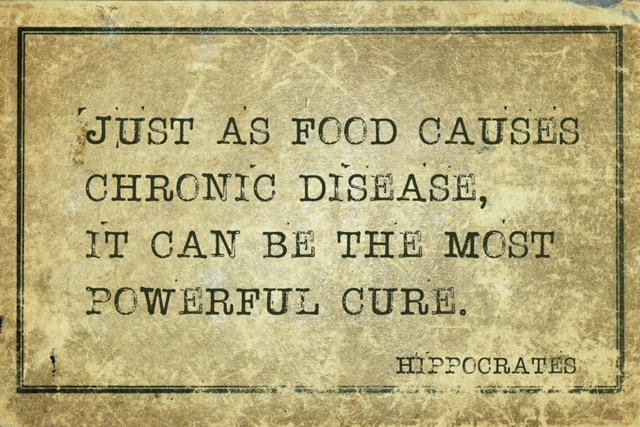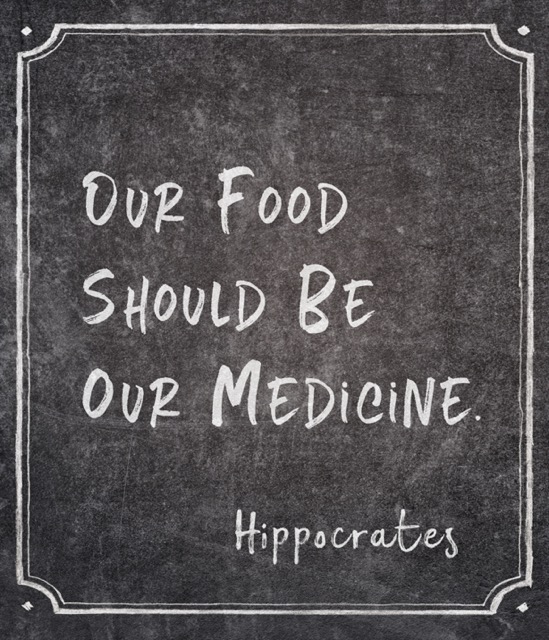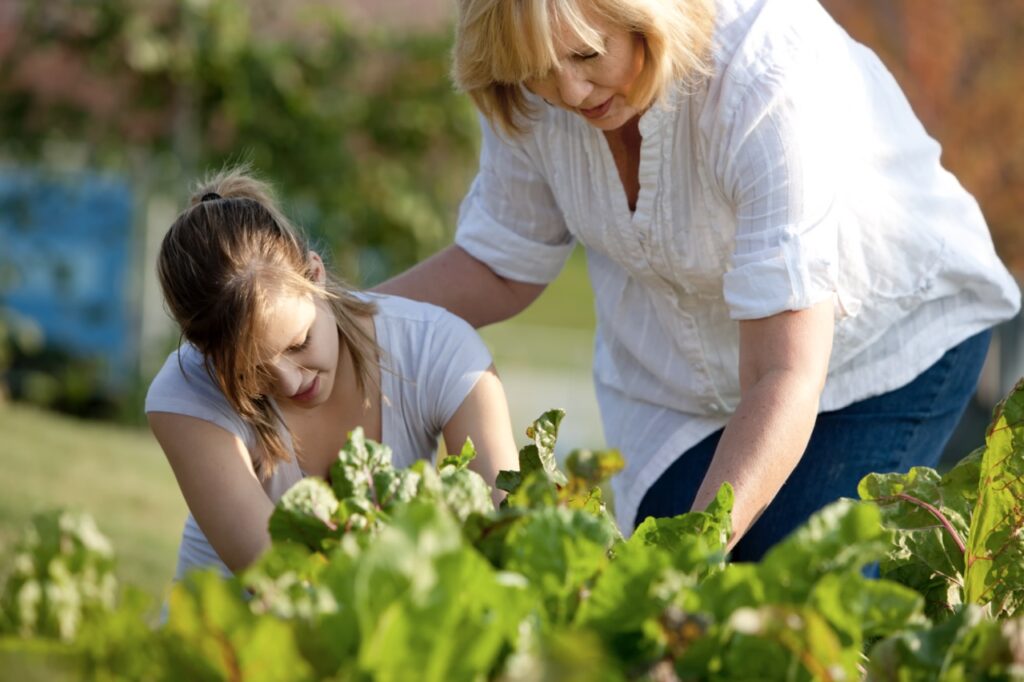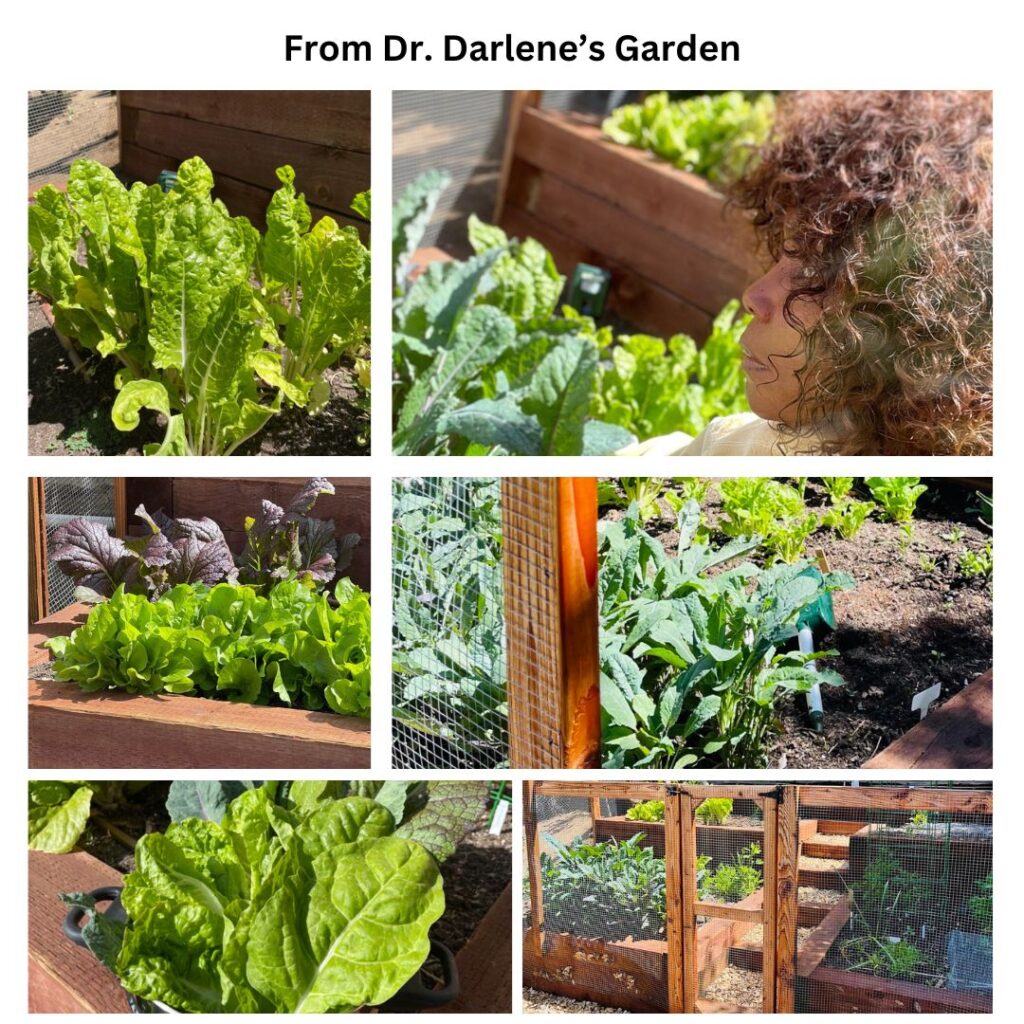Cool weather will be here before you know it, so it’s time to plant your fall garden. This blog will give information on what to plant, when to plant, and how to care for your vegetables.
Gardening can be relaxing and therapeutic, but there’s another positive aspect. You are also growing vegetables that contain crucial nutrients your body needs to stay healthy. Dr. Darlene Thomas, a national board-certified health and wellness coach and avid gardener, believes vegetables are also medicine.


Consuming these nutritious vegetables regularly as part of a well-balanced diet can help prevent and heal various illnesses. Dr. Darlene used nutrient-dense foods to help her overcome Crohn’s disease and osteoarthritis. You, too, can reap all the extra benefits of gardening.
Let’s explore nutritious vegetables to plant in your fall garden.
Vegetables To Plant In Fall Gardens

Kale
Kale is a superfood known for its high content of vitamins A, C, and K, antioxidants, and iron.
Planting Seed: Late summer to early fall for a winter harvest.
Planting Transplants: Mid to late summer.
Care: Kale tastes sweeter after a frost. Ensure consistent watering and mulch around the plants to keep the soil cool and moist.
Brussels Sprouts
These are rich in vitamins C and K, fiber, and contain antioxidants.
Planting Seeds: Mid-summer for a late fall or early winter harvest.
Planting Transplants: Mid-summer.
Care: They require a long growing season and improve in flavor after a frost. Ensure that the plants receive consistent water, especially during the growth period.
Carrots
Carrots are known for their high beta-carotene content, which converts to vitamin A in the body. They also provide vitamins K and C and are a good source of fiber.
Planting Seeds: Late summer to early fall for a late fall harvest.
Planting Transplants: Carrots are typically not transplanted.
Care: They prefer cooler temperatures for germination. Keep the soil consistently moist and thin out seedlings to prevent overcrowding.
Broccoli
Broccoli is a powerhouse of nutrients, including vitamins C, K, and A, folate, and fiber.
Planting Seeds: Mid to late summer for a fall harvest.
Planting Transplants: Late summer.
Care: Broccoli prefers cooler weather for its main growth period. Provide consistent moisture and ensure the soil is rich in organic matter.
Lettuce
Low in calories and a good source of vitamins A and K.
Planting Seeds: Late summer to early fall.
Planting Transplants: Late summer.
Care: Prefers cooler weather. Ensure the soil remains moist. Use mulch to conserve moisture and prevent weeds.
Spinach
High in iron, calcium, and vitamins A, C, and K.
Planting Seeds: 6-8 weeks before the first fall frost.
Planting Transplants: Not typically transplanted.
Care: Prefers cool conditions. Regular watering is crucial for tender leaves.
Collards
Benefits: High in vitamins A, C, and K and a good source of calcium.
Planting Seeds: Late summer.
Planting Transplants: Early fall.
Care: Can tolerate a light frost. Ensure consistent watering.
Mustards
Benefits: Rich in vitamins A, C, and K.
Planting Seeds: Late summer to early fall.
Planting Transplants: Not typically transplanted.
Care: Keep soil consistently moist. Harvest leaves when young for milder flavor.
Turnips
Roots are a source of vitamin C, while the greens are rich in vitamins A, C, and K.
Planting Seeds: Late summer to early fall.
Planting Transplants: Not typically transplanted.
Care: Thrive in cool weather. Thin plants to avoid overcrowding.
Cauliflower
High in vitamins C and K.
Planting Seeds: Late summer.
Planting Transplants: Early fall.
Care: Requires consistent watering. Blanching (covering the head with leaves) may be necessary to keep it white.
Garlic
Contains allicin, which has medicinal properties.
Planting Seeds (Cloves): Fall.
Planting Transplants: Not typically transplanted.
Care: Plant cloves pointy end up. Harvest when lower leaves turn brown.

Consider your local climate and adjust planting times for all these vegetables. It’s always a good idea to consult local gardening resources or nurseries for more specific advice tailored to your area.
If you’d like a healthy eating plan that helps you incorporate nutritious foods in your diet year-round or want guidance to live a happier, healthier life, contact Dr. Darlene.








